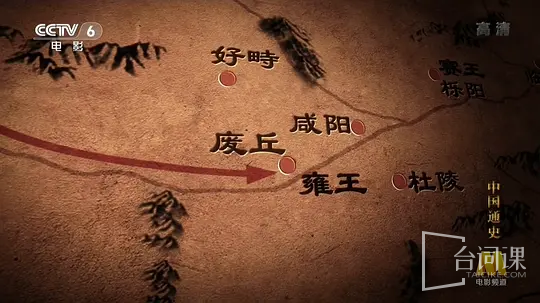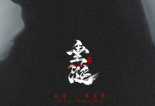Guangwu Zhongxing
During his thirty-three-year reign, Emperor Guangwu took a series of measures to restore and develop the economy.Politically, centralization of power was strengthened, and meritorious officials were given generous titles and salaries, but they were prohibited from intervening in politics.Exclude the Three Dukes, increase the power of the ministers who were originally in charge of documents at the emperor's left and right, put the national government and economic affairs office under the emperor's control, abolish the local captains who control the army, demobilize the local army, abolish the service system, streamline administration, reduce officials, and eliminate mergersMore than 400 counties; to liberate productivity economically, an edict was issued to free slaves, stipulating that those who kill slaves shall not be reduced from crime, and those who burn slaves shall be punished according to law, and slaves who are not burned will be treated as common people, and the law that shoots and injures slaves shall be punished with death..

The lighter land tax system of the Western Han Dynasty was restored, and one tax per thirty was implemented.Organize troops to colonize land.The prisoners were released as common people and used to farm in border counties.Orders were given to farmland and household registration checks, and the feudal state's control over land and labor was strengthened.Culturally, Confucianism was also promoted and integrity was respected. The Eastern Han Dynasty was also praised by later historians as the era with the most beautiful culture and the most prosperous Confucianism in Chinese history (Sima Guang and Liang Qichao said).









